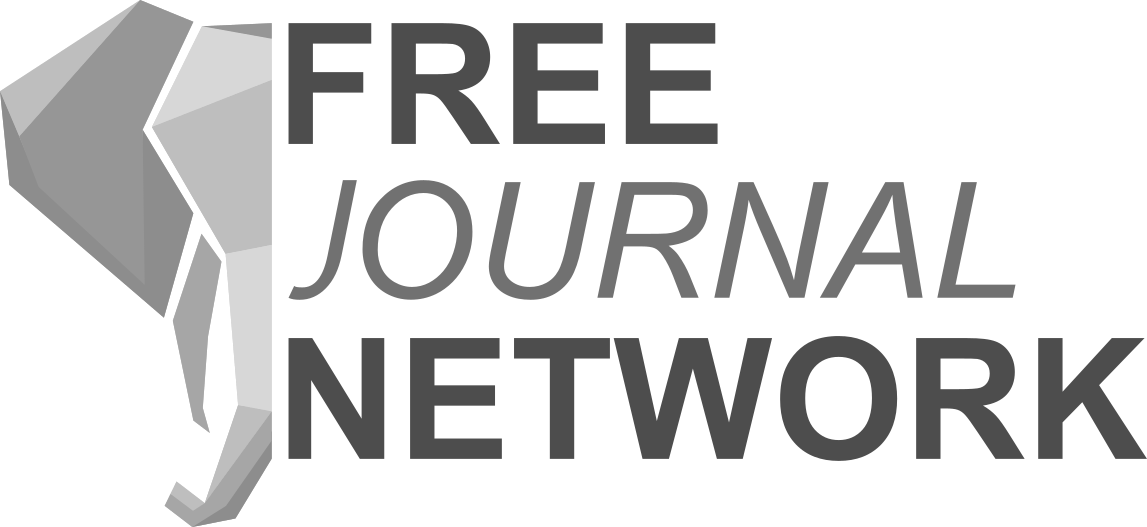Call for Papers: Wireless Embedded Systems
Recent advances in wireless technologies and the advent of the Internet of Things have shaped the evolution of embedded systems towards networks of low-power or battery-less wireless devices often incorporating sensors, actuators, data processing, decision-making, as well as lightweight networking stacks. Such wirelessly-networked embedded systems already represent a cornerstone of today's digital society, due to their omnipresence in a variety of application domains with high societal relevance, such as smart homes, smart cities, smart grids, connected healthcare, precision agriculture, civil infrastructure monitoring, and cyber-manufacturing.
Within this context, the "wireless embedded systems" area of JSys welcomes research contributions describing the architecture, design, implementation, and performance of innovative wirelessly-networked embedded systems, as well as works exploring specific communication, computing, and sensing aspects. Particularly relevant are results and insights substantiated by a strong experimental component on real-world devices, as well as contributions describing practical deployments and implementation experiences.
Topics of Interests
- Communication protocols and networking architectures for wireless embedded systems (including design, specification, verification, implementation, measurement, testing, and analysis)
- Enhancements and solutions for low-power personal area networks and wide area networks, including enhancements and design of media access control and routing protocols
- Communication protocols and networking architectures for wireless embedded systems (including design, specification, verification, implementation, measurement, testing, and analysis)
- Enhancements and solutions for low-power personal area networks and wide area networks, including enhancements and design of media access control and routing protocols
- Technical assessment of emerging wireless standards
- Design and implementation of innovative applications and systems
- Experiences from (successful or unsuccessful) real-world deployments
- Experiences with harsh environmental conditions and with the programming and debugging of wireless embedded systems in the field
- Coexistence mechanisms as well as radio interference identification and mitigation techniques
- Benchmarking methodologies, testbed infrastructures, and tools for wireless embedded systems
- New platforms and hardware design for wireless embedded systems
- Adaptable, fault-tolerant, and dependable wireless embedded systems
- Location- and context-awareness
- System services such as localization, synchronization, and RF sensing
- Low-power operations, energy harvesting, and energy management
- Energy-neutral, and intermittent sensing systems
- Programming models, languages, and operating systems for networked embedded systems
- Resource-efficient machine learning for embedded and mobile platforms
- Mobile and pervasive wireless embedded systems with elements of networked/collaborative sensing, actuation, and control
- Signal processing for resource-constrained embedded devices and IoT applications
- Non-traditional communication technologies, such as visible light communication, backscatter, or other novel wireless techniques
- Replication studies which validate (or refute) prior results, particularly studies with improved scale, additional metrics, or new comparisons
- Fairness, equity, and transparency issues in IoT and CPS
If you are unsure whether your work is a good fit for this area, please send a short abstract or description to the area chair(s); they will be happy to give some initial feedback.
Area Board
The Wireless Embedded Systems area is chaired by
-
Michael Baddeley, Technology Innovation Institute
-
Pat Pannuto, University of California San Diego
ppannuto@ucsd.edu
and the reviewers are:
- Ambuj Varshney, National University of Singapore
- Andres Gomez, TU Braunschweig
- Bernd-Christian Renner, Hamburg University of Technology
- Bhuvana Krishnaswamy, University of Wisconsin, Madison
- Josiah Hester, Northwestern University
- Longfei Shangguan, Microsoft Research
- Matteo Ceriotti Zella, Niederrhein University of Applied Sciences
- Shijia Pan, University of California, Merced
Former Members
Chairs
- Carlo Alberto Boano, Tu Graz (2021-2023)
Reviewers
- Michael Baddeley, Technology Innovation Institute (2021-2023)

